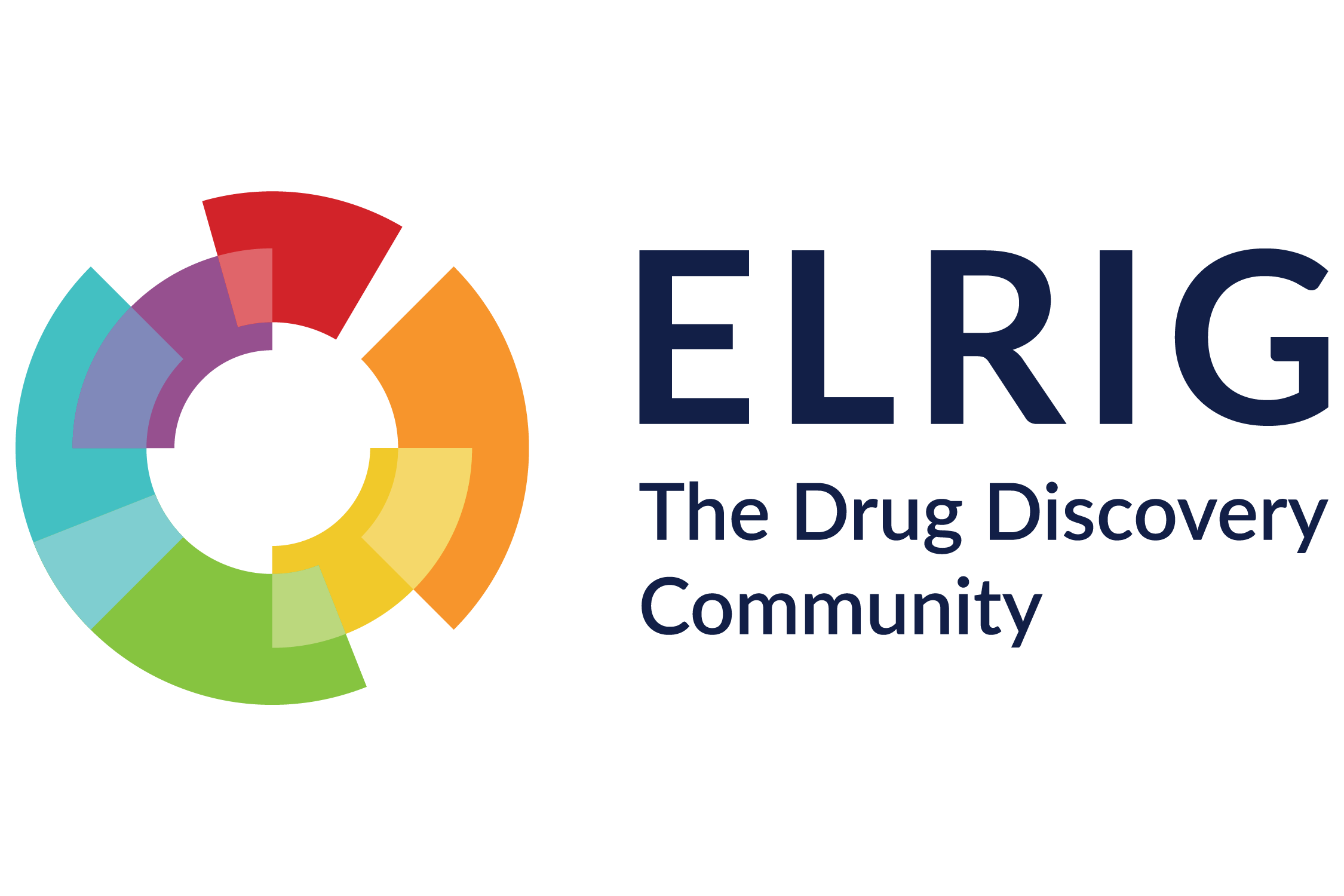
Our CSO Dr Jordan Lane spoke at ELRIG Drug Discovery 2025.
The pharmaceutical industry continues to face unsustainable levels of attrition, with the majority of drug candidates failing due to safety concerns, often after years of investment and resource consumption. This cycle not only inflates the economic cost of innovation but also carries a significant environmental burden, as each failed programme represents wasted synthesis, screening, animal studies, and clinical development. At Ignota Labs, we are pioneering an alternative model: reviving once-abandoned drug candidates by applying our AI-driven SAFEPATH platform to identify the mechanistic causes of toxicity and guide rational redesign. By turning “dead” assets into viable medicines, we reduce the need for redundant de novo discovery and make better use of existing chemical matter, biological data, and prior investment. This approach offers a route to more sustainable drug discovery, conserving both capital and natural resources, while expanding the pool of therapeutic options for patients. However, there is a risk of robbing Peter to pay Paul: while AI promises efficiency, the computational demands of large-scale modelling themselves have a heavy environmental footprint, underscoring the need for AI to be applied where it meaningfully reduces waste across the wider discovery pipeline.
For more information about the event, see ELRIG Drug Discovery 2025.